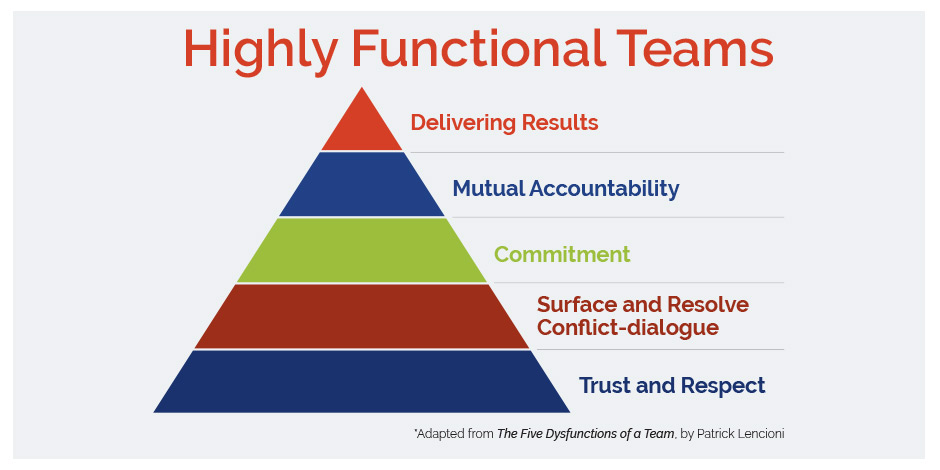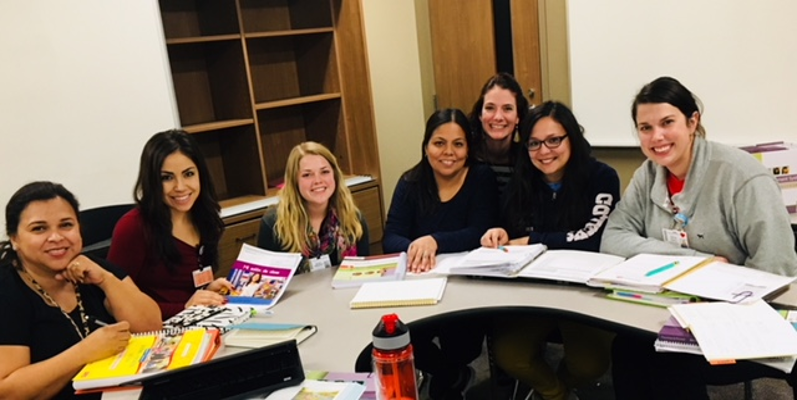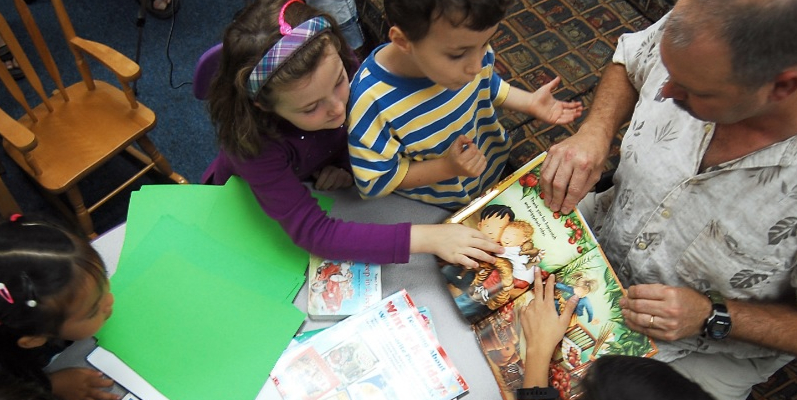I recently met with an exceptional group of first grade teachers for a follow-up session to a training on a new assessment system their district is implementing this year. The previous meeting had been a quick training on the basics of how to administer the assessment. They had asked some insightful questions in the initial meeting about the efficacy of the system, district expectations, time frame, and comparison of the new assessment with the one they’d used in the past.
I was impressed by their ability to set aside their own discomfort, frustration and exasperation to get the job done and move forward with planning for students’ learning. This team seemed surprisingly different from most grade level teams I’ve worked with over the years.
Here are 7 things I noticed about this remarkable team:
- The team had worked hard to assess almost all of their students in the two weeks between meetings.
- They had already begun to sort the students by needs and place them in intervention groups.
- Several of the teachers volunteered for additional training so they were more prepared to provide intervention.
- This is a bilingual/monolingual team. They took responsibility for, and intense interest in, the success of all the students.
- The Spanish language teachers in the group had fewer resources in their assessment guides, but they made use of the English materials to help supplement their learning.
- They all agreed that it was time consuming to complete the assessments, but they expressed that the data they were collecting had already helped to inform their instruction and intervention planning.
- The teacher providing intensive intervention for the grade level was encouraged that she had already seen growth in the students meeting with her. She went on to say that she was anxious to progress monitor to confirm that.
These seven observations may seem terribly simple, but over my 10+ years as an instructional coach I’ve not encountered another team that worked so efficiently to learn a new system, analyze data and work together on their own to carry out a grade level intervention plan. Their willingness to look beyond the inconvenience and focus instead on their commitment to all students in the grade level was impressive.
I couldn’t help but think of Patrick Lencioni’s work as I listened to this first grade team share their action plan for responding to the data they had collected.
Successful teamwork is not about mastering subtle, sophisticated theories, but rather about combining common sense with uncommon levels of discipline and persistence. Ironically, teams succeed because they are exceedingly human. By acknowledging the imperfections of their humanity, members of functional teams overcome the natural tendencies that make teamwork so elusive.

There is much to learn from this distinguished group of educators. I perceive a deep level of trust among the team and a clear sense of purpose. It’s clear they are committed to the same goals and there is clarity on how they’ll work together as a team to accomplish the tasks that lead to the desired results.
I feel proud to say I belong to the same profession as these esteemed colleagues.











What a great team to be working with!!! Lucky you!